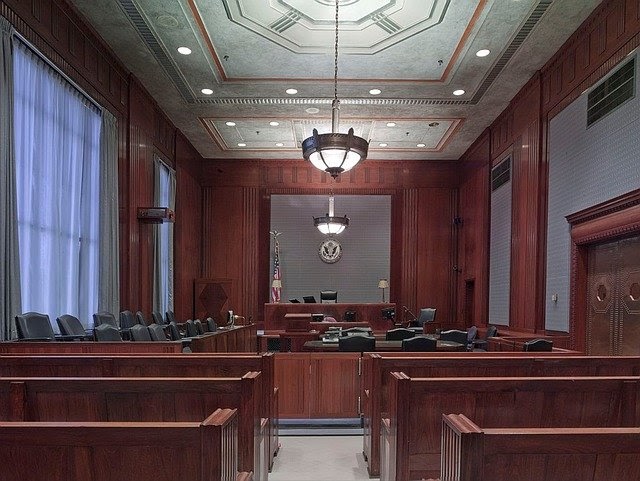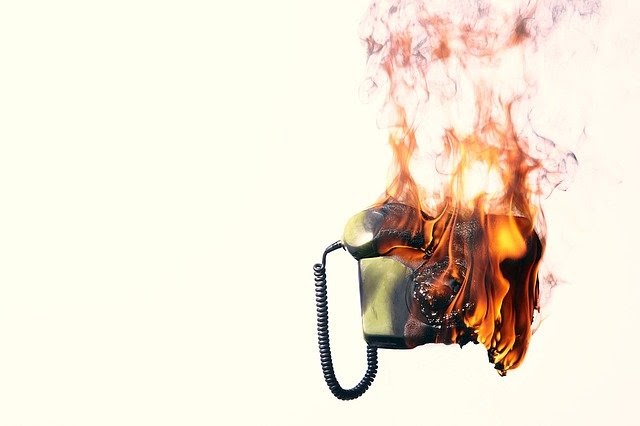Product liability law is the law that covers any incident where a product causes harm to a third party. Products often come with warnings of the possible dangers they may cause, but it is up to the manufacturer to make sure these warnings are accurate. If a product causes harm, the manufacturer can be held responsible. But what do you know about this law, and what should you do if you become a victim of a defective product?

What Is Product Liability
Product liability refers to a situation where your legal rights are violated and injured by a product. A product may be dangerous, in some cases, without the manufacturer or seller’s knowledge or control. A product defect is an inherent flaw that causes a product to be unsafe or defective. A defective product usually has a design defect, a manufacturing defect, or a combination of both. If a product is not fit to its intended use, it is considered a dangerous product.
The following products are commonly found in defective lawsuits in the United States:
- Motor vehicles.
- Pharmaceuticals.
- Consumer products like shoes and toys.
Each year, thousands of claims are filed against manufacturers and distributors of these products. Product liability lawyers need to understand these claims and the law governing them.
You Need An Experienced Attorney
Injury resulting from a defective product is similar to an accident from a personal injury and differs, which is discussed later. If this is the case, you could be entitled to a payout based on your distress, expenses, and loss of earnings. However, you will need an attorney who understands this specific type of law and knows how to research the case efficiently. It will also depend on your location because it is a state rather than Federal law. So, for example, if you sustained your injury in Minnesota, you might need to hire a personal injury lawyer in Minneapolis. An expert in this field will enable you to begin proceedings against the company that caused you harm, and there might even be the possibility of a class-action lawsuit. If this is the case, there will be more pressure for the company to fix their products so they can’t harm anyone else.
Our Product Liability And Personal Injury The Same?
Product liability law is separate from personal injury law, and it covers a much broader range of products than personal injury law does. For example, product liability law covers dangerous drugs and medical devices and also covers other types of hazardous products. You need a specialized lawyer to fight these cases.
Types of Product Liability
Product liability can be divided into two sub-categories:
- Strict product liability.
- Negligence.
Product liability is generally a strict liability type of law. It means that a manufacturer of a product is liable for the harm caused if the manufacturer is aware of the risk of injury but fails to warn the consumer of that risk. It can be caused by any other product or even a person or event. The concept of strict liability exists in many countries but has been the subject of more regulatory attention in the United States in the past few decades. The three common types of product liability claims include:
- Manufacturing defects: These are related to defects in the manufacturing process. In some cases, a manufacturing defect can create a severe safety issue. For example, if a product has a manufacturing defect that causes its components to deteriorate or wear out prematurely, the product may be defective and may cause injury or death.
- Design defects: Manufacturers’ liability for design defects arise when you can prove that a consumer could not reasonably predict the risk of harm posed by the product. It may be a design defect if, say, you can demonstrate that SUVs tend to roll over when their driver swerves to avoid an object or other problem.
- Marketing defects: As a general rule, product manufacturers are required by law to provide consumers with adequate warnings and instructions for use. This requires the manufacturer to provide printed or written instructions that accurately describe the product and its intended application and provide adequate warnings concerning the product’s safety.

How Does A Product Liability Case Arise?
In the United States, product liability law seeks to protect the public by providing recourse to victims of defective products. Even if the manufacturer was not negligent or made a mistake, if a product is faulty, it can be considered flawed by the public. This means that the consumer may have a right to file a claim in court against the manufacturer to prove that the product is defective. If the product is faulty, the product must be repaired or replaced, and the manufacturer must be held responsible.
Marketing Errors Can Be Liable for Legal Action
It is a common misconception that victims can bring only design or manufacturing defects to court. This is an incorrect assumption. Defects may be caused by inadequate safety instruction, inadequate warnings, and inaccurate labeling, among others. Essentially, anything that causes an injury to arise from misinformation could be considered a product liability issue.
Proof Of Negligence May Not Be Required
Product liability suits generally do not require proof of negligence, which is different from most other types of personal injury claims. Nevertheless, strict liability must be the foundation of your state’s product liability law. According to strict liability statutes, manufacturers are liable for product liability claims regardless of how thoroughly they made their products safe. Almost no consumer can prove that a manufacturer acted carelessly while producing a product. This is why these cases require special technical knowledge about manufacturing processes but also precedence about past cases.
The Statute Of Limitations Applies
Statutes of limitation determine the time limit for filing a lawsuit and are lawfully imposed by most states. Product liability claims are subject to the same time limits as many types of personal injury lawsuits. State-specific limitations may apply. State laws typically limit the time a person can claim to two years. However, other states allow up to four years.
Product liability is a section of the law that covers injuries caused by manufacturing, design, or marketing defects. They can be minor but, in some cases, can cause severe injury or death. It is a complex subject that needs experienced lawyers to help bring a claim to court.


